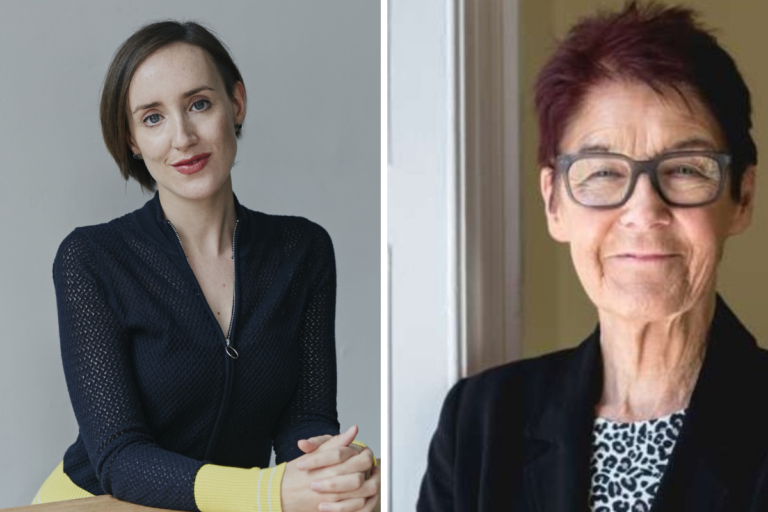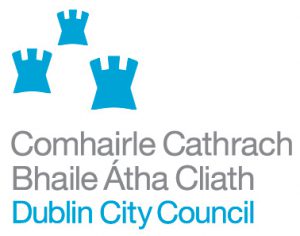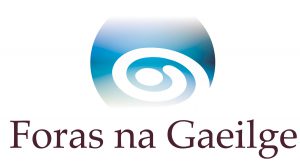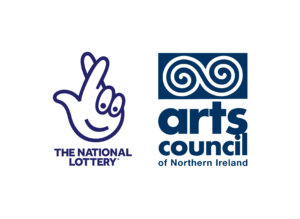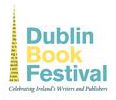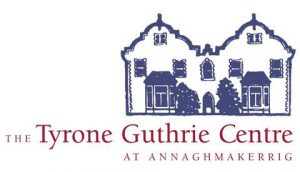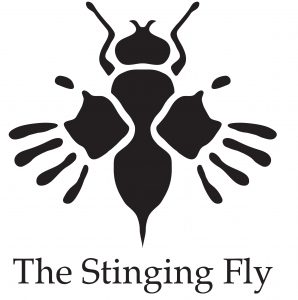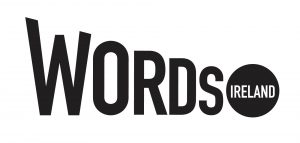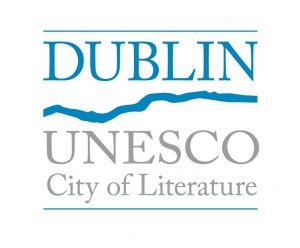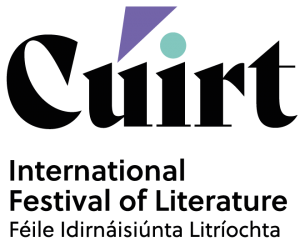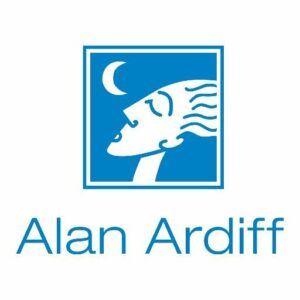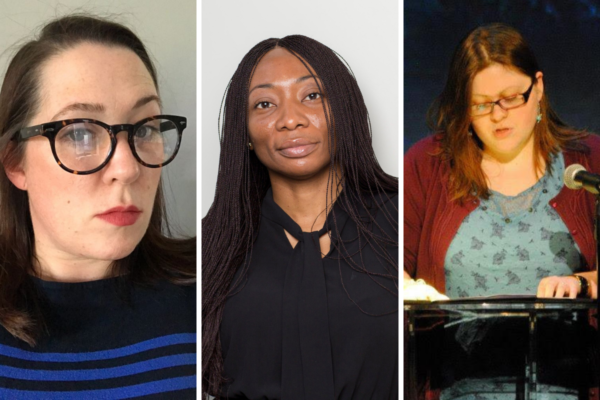
04 February, 2022
Evolution: An Interview with Olivia Fitzsimons, Melatu-Uche Okorie and Liz Quirke
“I want to tell anyone who’s reading this that if they are writing they are a writer. The difference between being published and unpublished may appear vast, and depending on what way you look at it, it is. But, and this is very important, if you are making time to write, stealing time, to work on your book/idea/story then you are just like me.”
Our Evolution Programme is currently ongoing with a suite of bespoke professional development supports for selected writers Arnold Thomas Fanning, Deirdre Cartmill, Kevin Curran, Maeve Galvin, Máire T. Robinson, Melatu-Uche Okorie, Michelle Gallen, Liz Quirke, Olivia Fitzsimons, Sheila Armstrong, Sue Divin and Helen Blackhurst.
Over the next few weeks, we will be sharing interviews with our Evolution writers with discussions on writing, professional development, and more. This week, we sat down with Liz Quirke, Olivia Fitzsimons and Melatu-Uche Okorie – three writers who have been teaching creative writing in NUIG as part of the Programme.
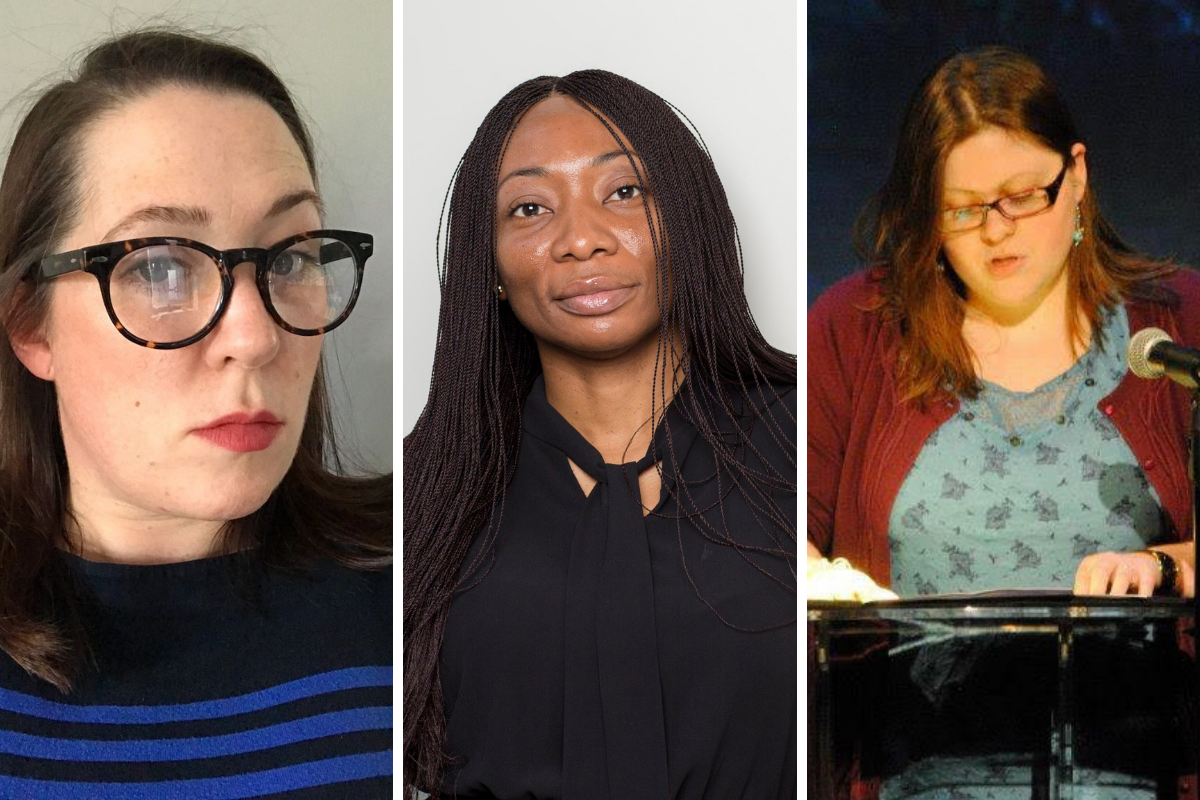
What are you reading at the moment?
Liz: Seamus Heaney’s translation of Aeneid VI; When the Light of the World Was Subdued, Our Songs Came Through – A Norton Anthology of Native Nations Poetry edited by Joy Harjo; C+nto & Othered Poems by Joelle Taylor; View With A Grain of Sand Selected Poems by Wislawa Szymborska; A God at the Door by Tishani Doshi.
Olivia: I’ve normally a few books on the go but it’s been a slow reading month as everyone in my family apart from me has had Covid. Pre-plague house I inhaled Ghost Wall, by Sarah Moss; I’m a newly devoted fan buying everything she’s ever written.
I’m currently reading and loving The Raptures by Jan Carson. Jan’s writing is sublime, I find her sentences transport me to a home reimagined. Her latest is incredible.
I read some poetry every day, like taking vitamins. I’m going back to old medicine with Seamus Heaney and Death of a Naturalist. It’s been a rough January and I needed the comfort of his voice, his words, the feel of the homeplace, tender, troubled, raw, in my head.
Finally, no matter what’s going on I read to my kids most nights. We got a lovely delivery from Halfway Up The Stairs (from our six-month subscription) of two new surprise books, perfect timing, as we just finished The Last Bear by Hannah Gold, which we adored.
What type of writing do you specialise in? Fiction, poetry, memoir etc. OR Can you tell us a bit about what you’re working on at the moment?
Liz: Poetry mainly, at the moment I’m in the research stages of three poetic projects that have absolutely nothing to do with each other. One requires a lot of historical research, another requires some very specific engagement with film and the third is asking hard questions of me personally. Three different projects, one noisy mind.
Olivia: Fiction. Well. I should clarify. I’m meant to be reading around/tipping away on the second book, which is sitting at 20K. I’ve been leaving notes of future scenes for my future self on my phone and various post-its dotted about my office but I keep writing unasked for essays – like the moment my editor told me my debut The Quiet Whispers Never Stop was ‘finished’, an almost 4,000 word essay about my Dad dying and falling out of love with swimming arrived in an hour. Like an essay? I don’t write essays. Or I didn’t. I’ve a few screenplays at various stages of development. A pilot ep for my debut novel just for fun (I know I’m a dose) and I’m starting work on a well-known Irish literary book-to-screen adaptation with my co-writer Denise McCormack, which I’m mad excited about, and a few other TV/FILM things. So hardly anything at all.
Melatu: I write mostly fiction. I’ve written essays, and also tried my hand in other forms but fiction is where I’m most comfortable. I’m doing a collaboration with Siamsa Tire on the mythical story of Scotia. The rumour has it that she was a princess from Egypt. The Scotia’s Glen is said to be her burial place. There are musicians and dancers involved so I’m excited to see how things turn out.
What has helped you in your development as a writer?
Liz: Reading. That’s the main one. You will never develop as a writer if you don’t read. It’s essential that writers pay attention to the world around them, so reading anything will help broaden your thinking. I don’t limit myself to poetry and I’m always interested in people’s stories. Also, good quality workshops/mentor relationships/peer relationships. We’re as good as the company we keep either on our shelves or in our lives so being alert, paying attention and listening to the work of others are essential modes of being for the writer. Time is the last thing. I’m very busy but I squirrel away time. And in that little bit of time, I’m ruthlessly organised.
Olivia: I think I will always be entering some new phase with my work, so my development as a writer is ongoing. I’ll always be stretching for some goal that is just out of reach, the hope being that one day my talent and hard work matches, however briefly, my storytelling ambition.
Reading. Always, always reading.
My writing friends and confidants – they know who they are – I’d be lost without them. My beloved COFO/Censor/Misfits/Dooligan writers community. Lots of established writer’s who have given me their time, advice and encouragement. It’s extraordinarily generous of authors I admire to help me. We have brilliant literary organisations on this island and I’ve been privileged to have support very early on, from, to name but a few, The Stinging Fly, Irish Writers Centre and WORDS Ireland. Funding from the Arts Council, NIAC and Wicklow County Council has been invaluable allowing me to buy time and space to write. Lastly my friends who couldn’t care less about books and writers and all that jazz. They are very important.
Melatu: What has developed me as a writer? Mostly reading other people’s work. Once I started writing, the way I read changed. I unconsciously pay attention to the author’s style and the writing tools they employ etc.
What writers inspire you?
Liz: It’s hard to answer this question without sounding like a fangirl so I’ll just go with it. Right now on my desk I’m surrounded by books by inspirational writers, and because what I’m focusing on right now is finishing a PhD, the inspirations are rooted in that: Minnie Bruce Pratt, Ellen Bass, Adrienne Rich, Audre Lorde. I could talk the legs off a table about them, but I’ll leave it there.
Olivia: I’ve always been a deeply curious person. I think words – whatever type floats your boat – always help you gain insight and interrogate a thing. I’m very open to change and I want to devour the world as much as live in it. Books help you do that. Reading allows access to a thousand worlds you’ll never know. During lock down I read the Wide Sargasso Sea, by Jean Rhys (yes, for the first time, I’ll never be as well read as I want) and it was transporting, truly utterly swept me away and I was so grateful for it, and for Jean, the gift she gave me and all her readers. That book has been around since 1966, and found me 55 years later. The magic in that is spectacular when you really think about it. The connection and the conversation it’s started up in me all these years later. Finding an echo of a version of something that you ache to understand, a reflection of the imagined, desired, the darkest or brightest part of yourself in what you just consumed. I want to be challenged. I want to be entertained. When a book does that for you it’s perfect. This is what I love about books and writing and writers. They’re magic.
Melatu: The space is not enough to list. I’ll just say that I admire writers who take risks, who take a topic that appears simple/ seemingly everyday and do something great with it (by that I mean teach new things even though the subject is relatable).
You’ve recently been teaching creative writing at NUIG, what advice would you give to writers starting out?
Liz: Be humble and do the work. Forget about publishing for the time being. The writing is the important thing. If you get that right, everything else will follow.
Olivia: I had such a warm welcome from staff (Dr John Kenny, Mike McCormack) and the students at NUI Galway and it was a highlight of my year. I’m excited to see the amazing work these students will produce. I want to tell anyone who’s reading this that if they are writing they are a writer. The difference between being published and unpublished may appear vast, and depending on what way you look at it, it is. But, and this is very important, if you are making time to write, stealing time, to work on your book/idea/story then you are just like me. Every writer was just like you once. Alone with their words and a feeling that made them continue to write. How they got published might vary but they all started with a blank page. Same as you. The feelings of what the hell am I doing never really go away, you just get better at dealing with it. So keep going. Connect with other people doing what you are doing if you need help. But don’t stop telling your story.
Melatu: Don’t worry about publications at this stage. I met a lot of talented storytellers there. I would hope that they would enjoy their time now before being ‘discovered’. I think publication will always come, so I’ll suggest that they use the time between now and when that happens to focus on writing and getting people they trust to read and feedback to them.
As one of our Evolution Writers, what learnings or experiences from the Programme will stay with you?
Liz: It’s been a time of experimentation for me. Normally I would be surrounded by writers with whom i’m quite familiar, but this group has introduced me to a raft of talent in the country. I’m excited to read all their books and attend a hundred Evolution book launches after this. The collegial atmosphere has been evident and the respect we all have for each other’s expertise. Also, it’s reinforced what an asset the IWC is for writers in this country, and if anything, I’ll be encouraging more people to get involved with their programmes and apply for supports and funding streams. You never know what might happen.
Olivia: I’m in awe of the specialised knowledge my peers on the Evolution Programme have and their willingness to share that information. It’s been fantastic to get insight into other writers’ lives and practice.
I truly loved teaching in NUI Galway – it’s given me a newfound confidence and a fondness for the city that I’m so grateful for. The experience challenged my view of myself and what I can do. The programme has helped me make new friendships and connections and I think I’ll be feeling the benefits of this experience years from now, in ways that I can’t yet anticipate.
Melatu: How a simple concept can work really well. It’s amazing the wonderful things I’ve learnt during this programme. I cannot wait to see how far it will go.

